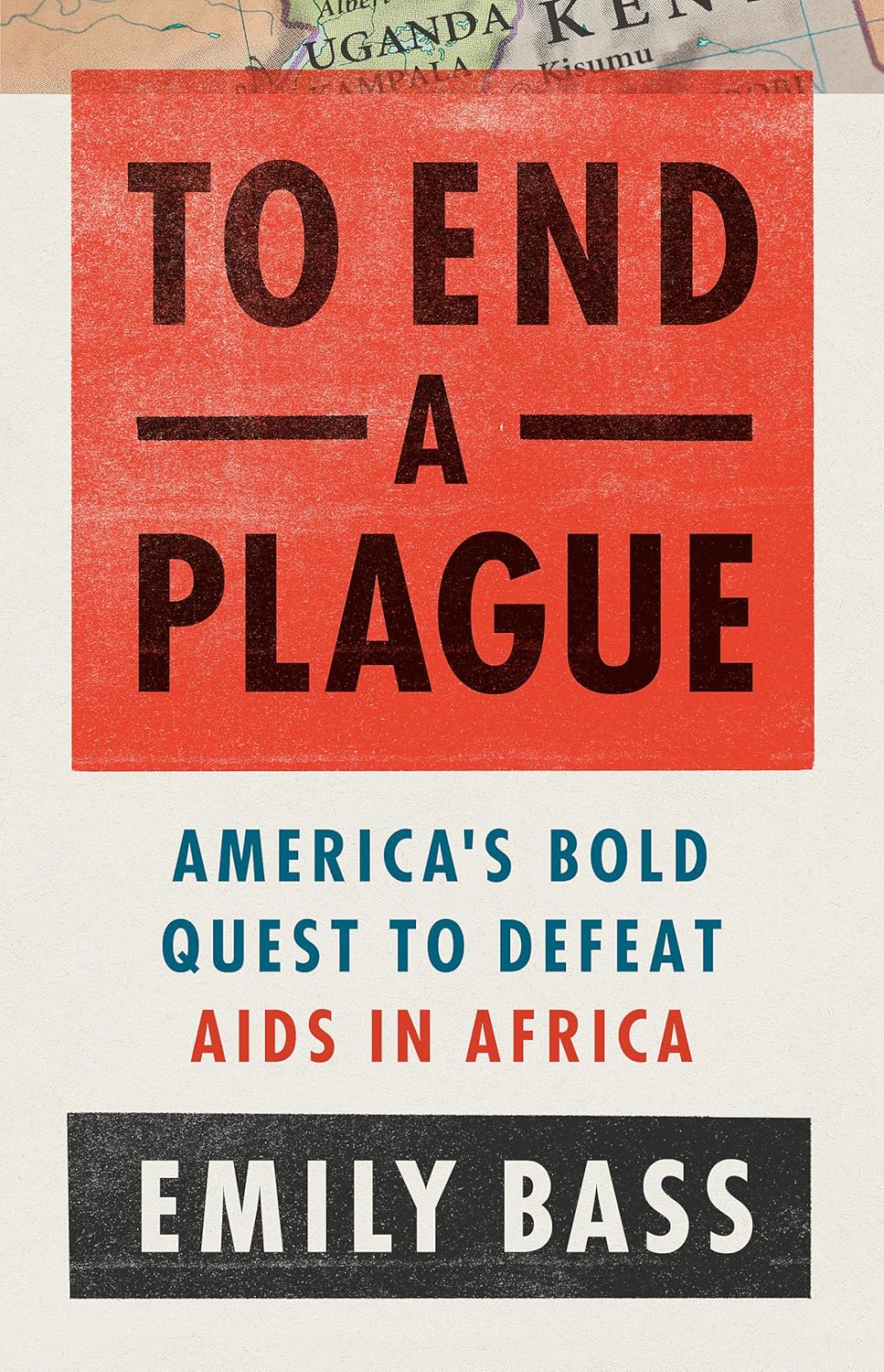The AIDS epidemic among Black Americans simply didn’t prompt the same sympathy and call for mercy from the Bush White House as African epidemics of the same scale. Many lawmakers and activists sought redress for their communities; activist researchers like Greg Millett and Adaora Adimora produced a steady stream of research into the relationships, communities, and social factors that impacted HIV risk. Black-led organizations focusing on HIV had existed since the earliest days of the epidemic, often written out of the dominant ACT UP–focused narrative; many of these had endured but seen already scanty budgets further sliced when AIDS drugs arrived. As in Africa, community centers and clinics were placed in competition, when they should have been in partnership.
The root cause of the epidemics within the United States and beyond its borders were, in many respects, the same: a white supremacist state whose wealth and privilege depended on and derived from economic and political practices that devalued the lives of nonwhites and actively sought to keep them from obtaining money, privilege, and power. To begin to address and acknowledge this in America was, in Bush’s administration, untenable. In Africa, though, Bush entertained the fantasy that colonialism existed in the past and that PEPFAR was part of a movement toward equality. It was possible, then, to tell a story about the plague war that provided a satisfying narrative arc—possessed of a beginning, a middle, and an end.
As the White House sought to secure his legacy, this is precisely what it did. The storytelling began that day in May, with the trio standing behind the president in the Rose Garden. They could have been PEPFAR’s magi, so closely did they hew to the archetypes of the heroes in the stories PEPFAR told about itself. There was Dr. Jean Pape, the Haitian doctor who’d been flown in to advise the Office of Management and Budget when PEPFAR was still the brainchild of a rump group of White House staffers; Bishop Paul of the Coptic Orthodox Church in Africa; and Kunene Tantoh, a South African woman living with HIV who ran a support group for fellow HIV-positive mothers: the compassionate doctor who’d made something out of nothing, the man of faith with a large cross swinging low by the waist of his belted robe, and the woman who’d saved the life of her child with American money. Kunene proved, the president said, that “people with HIV could lead productive lives.”
In Africa, though, Bush entertained the fantasy that colonialism existed in the past and that PEPFAR was part of a movement toward equality.
